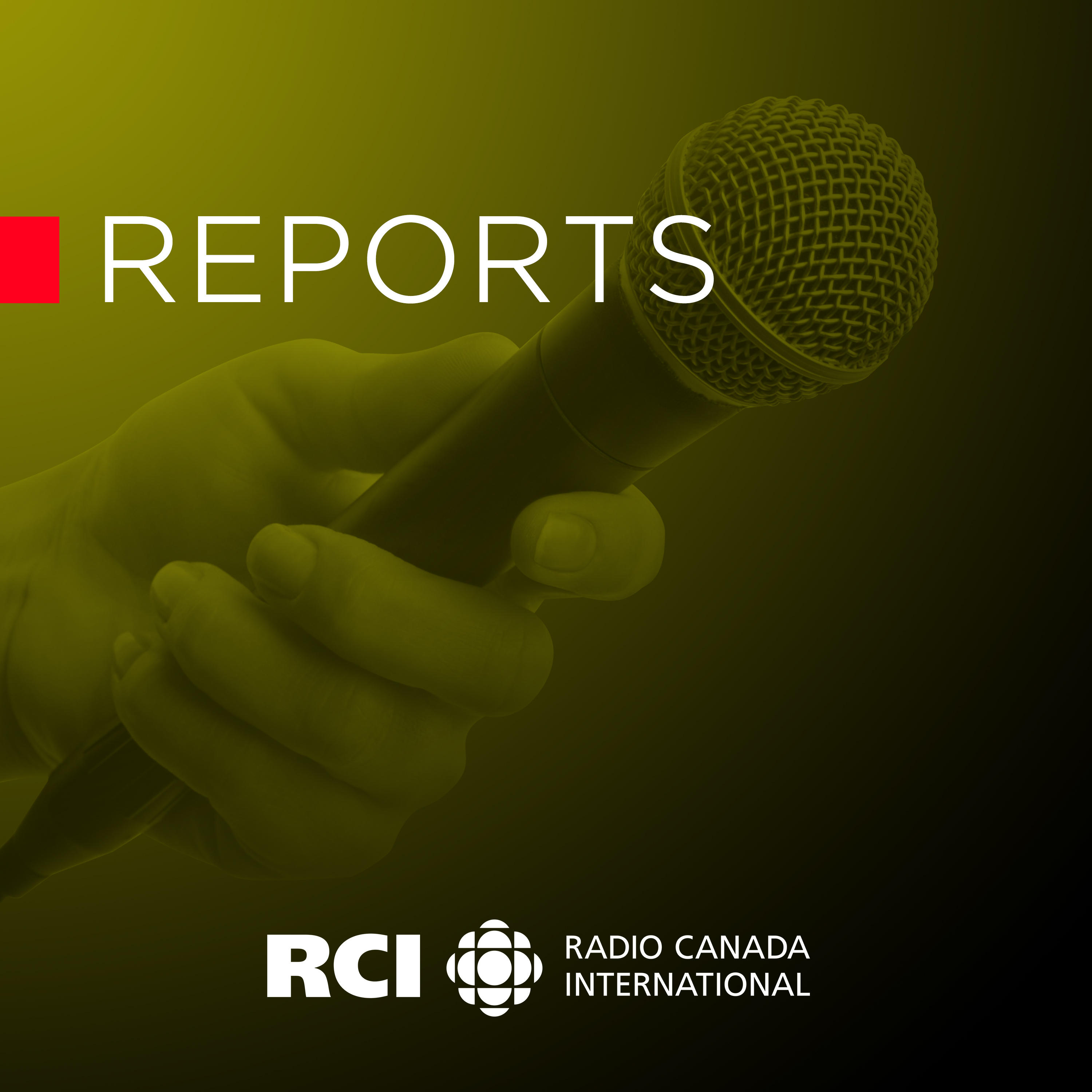Washington and Tehran at impasse as Trump threatens Iran with ‘obliteration’
Description
Washington and Tehran have reached a dangerous impasse as U.S. President Donald Trump threatened on Tuesday to obliterate parts of Iran if it attacked “anything American,” with Iranian officials calling White House actions “mentally retarded,” says a Canadian expert on Middle East politics.
Trump on Monday signed an executive order imposing sanctions against Iranian Supreme Leader Ayatollah Ali Khamenei and other senior figures, with punitive measures against Foreign Minister Mohammad Javad Zarif expected later this week.
The moves came after Iran shot down a U.S. drone on June 20 and Trump called off a retaliatory air strike minutes before impact, saying too many people would have been killed. It would have been the first time the United States had bombed the Islamic Republic in four decades of mutual hostility.
On Tuesday, however, Trump tweeted: “Any attack by Iran on anything American will be met with great and overwhelming force. In some areas, overwhelming will mean obliteration.”
Bessma Momani, Professor in the Department of Political Science at the University of Waterloo, said the latest flare-up in deeply personal attacks is indicative of the escalation between the U.S. and Iran.
“The Iranians obviously want to get relief from the international sanctions,” Momani said in a phone interview.
“At the moment 80 per cent of the country is under economic sanctions, people are struggling, the regime is hurting and all of that is basically pushing them to try and hit, not perhaps the Americans directly, because they are smart enough not to do that, but to provoke the U.S.”
(click to listen to the full interview with Bessma Momani)
ListenEN_Interview_3-20190625-WIE30
A game of chicken?
FILE - In this Thursday, June 13, 2019 file photo, an oil tanker is on fire in the sea of Oman. A series of attacks on oil tankers near the Persian Gulf has ratcheted up tensions between the U.S. and Iran -- and raised fears over the safety of one of Asias most vital energy trade routes, where about a fifth of the worlds oil passes through its narrowest at the Strait of Hormuz. T(AP Photo/ISNA, File)
Provoking the U.S. includes everything from hitting oil tankers in the Strait of Hormuz, through which up to one-fifth of world’s oil shipments pass, to shooting down a U.S. spy drone, which the Iranians claim was in their international waters, Momani said.
“It’s really a way of trying to hit the Americans but not directly and not militarily in a way that would escalate matters, but in their mind hopefully to induce them to negotiate a way out of the sanctions,” she said. “Of course we see the reverse happening with the Americans: they are pushing for even more sanctions.”
In a televised address on Tuesday, Iranian President Hassan Rouhani said the new sanctions against Khamenei would have no practical impact because the top cleric had no assets abroad.
Rouhani, a pragmatist who won two elections on promises to open Iran up to the world, said the White House’s actions were “mentally retarded” - an insult that other Iranian officials have used in the past about Trump, but a departure from Rouhani’s own comparatively measured tone over the years.
Crippling sanctions
President Donald Trump speaks before signing an executive order to increase sanctions on Iran, in the Oval Office of the White House, Monday, June 24, 2019, in Washington. Trump is accompanied by Treasury Secretary Steve Mnuchin, left, and Vice President Mike Pence. (Alex Brandon/AP Photo)
The United States has imposed crippling financial sanctions against Iran since last year when Trump withdrew from a 2015 deal between Tehran and world powers under which it curbed its nuclear program and won a removal of sanctions in return.
More Episodes
Canada's international broadcast service from the English language team of Radio Canada International has come to an end.
RCI, (originally the International Service, CBC-IS) was initially created towards the end of the Second World War. The purpose was to broadcast news and information from...
Published 05/14/21
Published 05/14/21
The cost of compensating victims of Canada's now-infamous residential school system was over $3 billion, according to a final report released Thursday by Parliament's Independent Assessment Process Oversight Committee.
The committee, which has been overseeing the compensation process since...
Published 03/12/21


